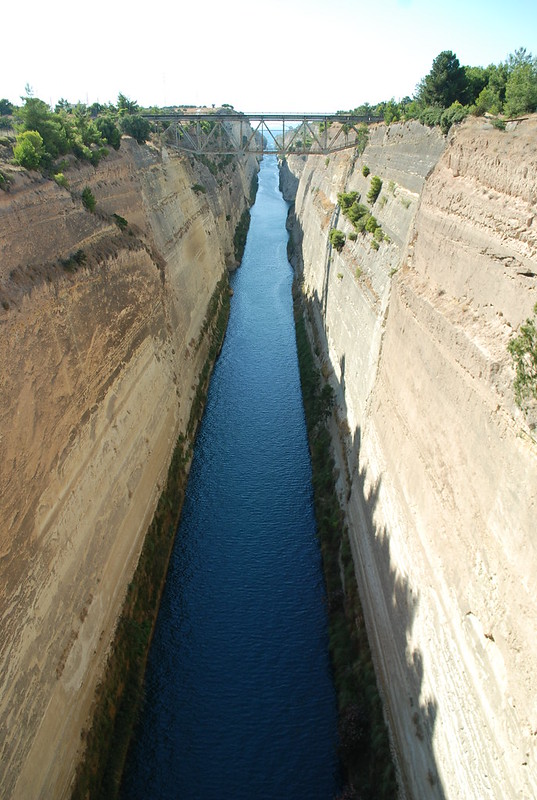
mt
Twote:
Close elections are bad elections. What we need is social consensus. Anything important decided by a narrow fraction of the most disengaged voters is destabilizing. Professionalization of politics is the problem, not the solution.
Complaining about something like politics becoming more professional, or more efficient, is about as much use as - and indeed, is very similar to - complaining about evolution. But I'm
used to disagreeing with mt over politics, so skip that bit as a detail and come to the "close elections" thought.
About which, as I half said in a different context (oh, there are so many thoughts in the world to write down!) in
Men spake from God being moved by the Holy Ghost / Every man in his own language, I feel I've said before but can't find, so will say again:
Politics tends to produce close results
1, but not consensus
2. Nominally, pols are supposed to seek and promote consensus, and mt is still yearning after that idea, but I see little evidence that it is a major part in practice. And politics is backed by coercion: at least in majoritarian states: if you win, you get the power to impose your - sorry, the people's - will;
this tempts far too many people. This tends to leave the middle ground barren and dead, populated with the corpses of those attacked by both sides. The solution, of course, is to move as much as possible out of the purview of politics, since anything done there will inevitably be fought over as a zero sum game. And move it out into the free market, where individual decisions are indeed made by agreement.
Update
I should have reffed
Aristotle's politics and the quote from Hayek:
It is not democracy but unlimited government that is objectionable...
Refs
*
Does J R Oppenheimer ask: can science provide better models for democracy?
Notes
1. In an idealised society with a spectrum of opinion categorisable as from Left to Right, imagine two parties competing for votes, sure of all those on the side of the spectrum away from the other party; inevitably, they migrate to the centre. This was Tony Blair's chief idea, and lest you dismiss it too readily, notice that he was the only Labour to win an election for uncounted moons. I prefer conviction politicians - Blur IMO had no real ideas about what to do once he achieved power. The idealisation applies but in more blurred form in more complex scenarios.
2. Having commented on closeness, I feel the urge to comment on consensus too, since it is so strikingly absent. At least in the UK and USA; I'm rather less familiar with our Continental friends or those further abroad. But it is hard to know what to say. The UK is split by Brexit as one axis and but whether you dislike Corbyn or Bojo more on another, and that's not helpful. The USA is, apart from the perhaps-superficial Trump/Populist split, also divided between "free market" vs "progressive", but muddily, possibly leaving room for consensus in the details even if on principles there can be no meeting.
3. My picture shows
Henry Worsley, who has nothing at all to do with this article. But I love the picture; I got it from the
New Yorker. They shoved it into my fb feed for months on end and I finally got round to reading it. To my surprise, it doesn't show a USAnian: to me, he looks like one of the cowboy pilots from Catch-22, or the mad ones from Dr Strangelove. But no, just an Englishman.
 Aka the year in Stoats, 2019. Following last year's acclaimed tradition, I present posts by month selected by most comments; after all, it's the only objective measure.
Aka the year in Stoats, 2019. Following last year's acclaimed tradition, I present posts by month selected by most comments; after all, it's the only objective measure.









